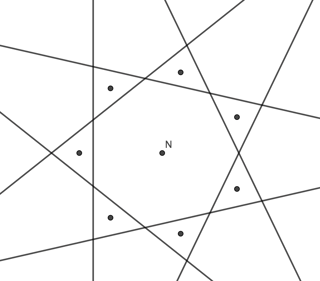Suppose there are 2n vectors $\{m_1,m_2,...,m_n\}$ and $\{\mu_1,\mu_2,...,\mu_n\}$. All vectors are in k-dimensional Euclid space $R^k$. The vectors satisfy: $$m_i \mu_j \leq 0, \quad \forall i\neq j $$ and $$ m_i \mu_i > 0, \quad \forall i.$$
What I want to prove: $n \leq 2k$.
Intuitively I think the bound $n \leq 2k$ is correct. It can be achieved by setting $m_i$ and $\mu_i$ to be the canonical base vectors and their negatives.
As Saul points out, the upper bound actually does not exist in this simplified problem. I post my Orginal Problem in a new post.

